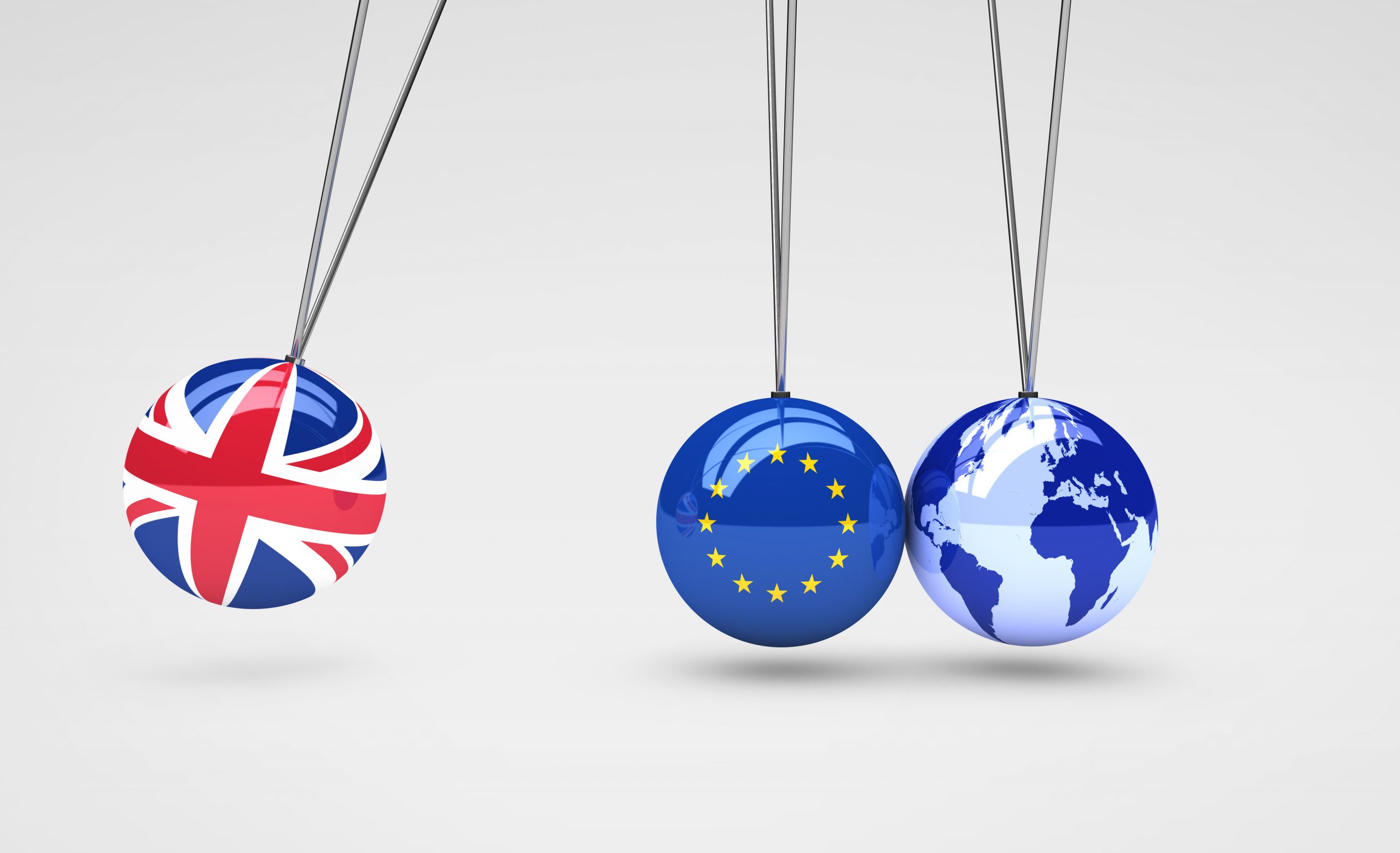By Jaspal Dhillon, senior tax manager – VAT
jaspaldhillon@lubbockfine.co.uk
020 7490 7766
As the UK government continues to negotiate a Brexit deal for the UK, it is advisable for businesses to begin considering the potential impact of a ‘no deal’ Brexit, particularly in relation to their indirect tax matters (namely VAT and Customs Duty).
Those selling goods internationally should be considering the following:
- Mapping out supply chains, from start to end, following your purchases and sales of goods. Look at where your suppliers and customers are located and pinpoint where the potential issues could be.
- Assess the impact on your profit margins if customs duty becomes payable when trading with EU countries.
- Consider a VAT registration in another EU country. Once your goods are in that location, they are in ‘free circulation’ and can benefit from the current EU arrangements.
- Following on from the above, some form of presence in the EU may be needed, for example a storage area for goods in the EU country in question.
- Can the EU customer you sell to become the importer into the EU? This will avoid an overseas VAT registration.
- Can supply chains be simplified or changed, for example if you currently purchase from an EU supplier can this be changed to a UK supplier?
- Analyse your processes and systems to see if they can cope with the potential new requirements.
- Consider whether stock levels cope if goods take longer to move across borders, particularly those businesses that operate a ‘Just-in -Time’ model.
- Consider obtaining Authorised Economic Operator (AEO) status, this being a certified authorisation issued by customs administrations, that is internationally recognised and can speed up the process of moving goods across the new UK/EU border.
- Speak with your bank with regards any guarantee facilities they can offer; this can be useful as HMRC allow duty and VAT to be deferred, on imports to the UK, if the appropriate bank guarantee is in place. This can therefore assist with cash-flow.
If you sell services internationally, the Brexit impact will depend upon what services you are providing and to whom. The following should be considered.
- Supply chain mapping, looking at what you provide to whom, in order to consider current VAT rules and how a no deal Brexit will impact your business and VAT accounting.
- Does it makes sense to alter your supply chains in any way?
- Will you need a VAT registration in an EU country?
Download our factsheet for further details.
At Lubbock Fine we are here to assist and walk with you through all of the above and assess the impact on your business. What’s more, as members of the Russell Bedford International network we regularly work with partners in the EU so we can look at your transactions from all sides. If you would like to discuss any of these matters further please contact our VAT specialist, Jas Dhillon, jaspaldhillon@lubbbockfine.co.uk

